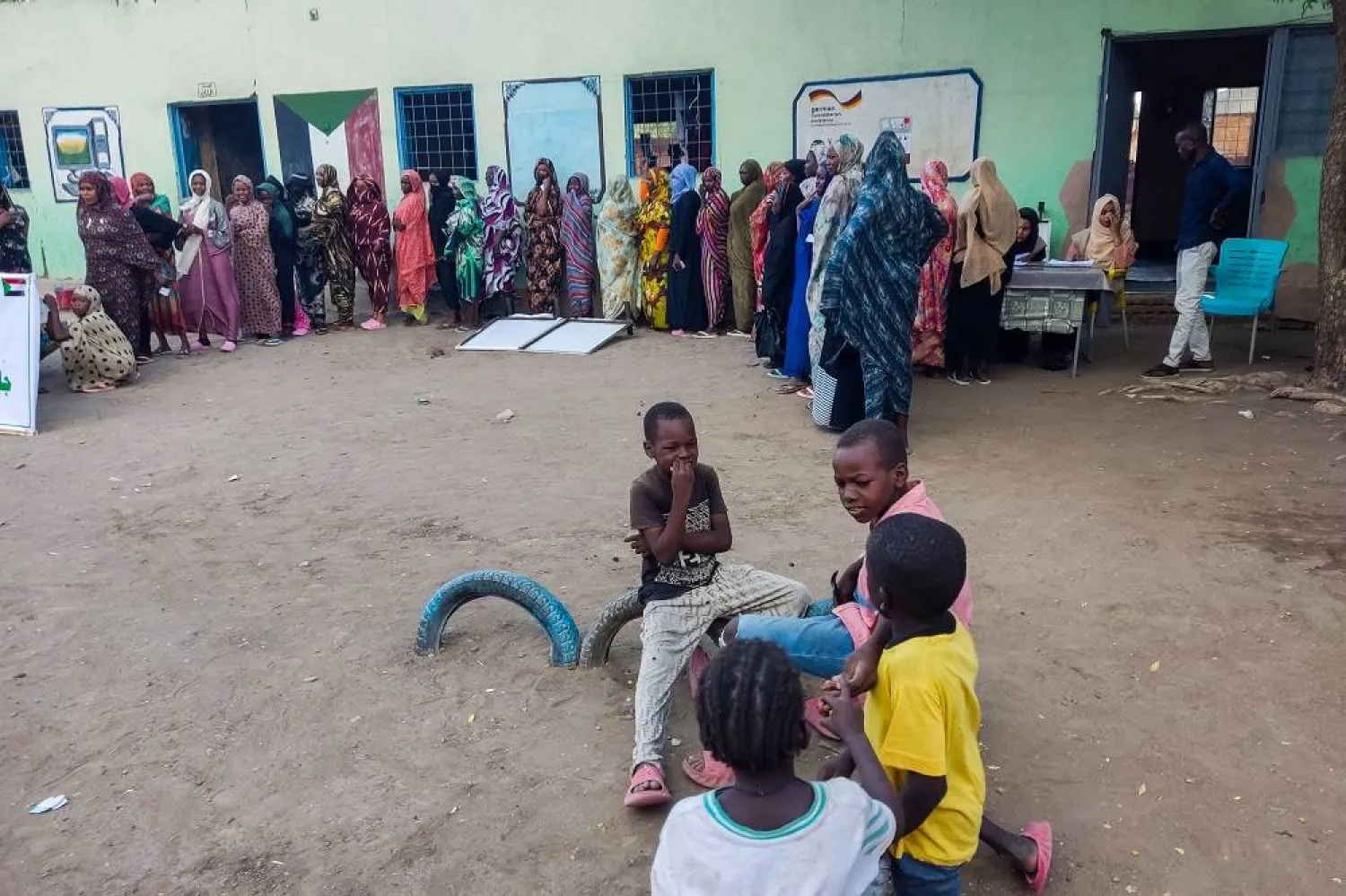Clashes reignited between the Sudanese army and rival paramilitaries in recent days in the key Darfur town of al-Fasher, the United Nations said Sunday, killing at least 27 people in one day.
Eyewitnesses have reported air strikes, artillery fire and machine gun clashes battering the city since Friday, when an hours-long battle left an estimated 850 people displaced, according to the UN.
It also killed at least 27 that day, based on what the UN said were "unconfirmed reports", as the city suffers a near-total communications blackout, with medics and human rights defenders barely able to get news to the world.
The fighting has since continued, eyewitnesses said Sunday, reporting air strikes and artillery shelling that left "houses on fire", one resident told AFP.
According to French medical charity Doctors Without Borders (MSF), two children and a caregiver were killed in an intensive care unit Saturday following a nearby military air strike.
Since April of last year, Sudan has been in the grips of a devastating war between the army, headed by commander Abdel Fattah al-Burhan, and the paramilitary Rapid Support Forces (RSF), commanded by his former deputy Mohamed Hamdan Daglo.
The RSF has seized four out of five state capitals in Darfur, a region about the size of France and home to around one quarter of Sudan's 48 million people.
Al-Fasher is the last major city in Darfur that is not under paramilitary control. The international community, including the UN and the United States, have for weeks warned against a looming offensive on the city.
MSF said Sunday that an air strike carried out by the army -- which maintains a functional monopoly on the skies -- landed 50 meters (164 feet) from the Babiker Nahar Pediatric Hospital.
It caused the roof of the ICU to collapse, resulting in "the death of two children who remained receiving treatment there, as well as the death of at least one caregiver," according to a statement.
"The children who were killed were in a critical condition in our ICU, but their lives could have been saved," MSF's head of emergency operations Michel-Olivier Lacharite said.
Across Sudan, over 70 percent of hospitals have been forced out of service during the war, according to the UN, compounding multiple health crises.
Fighters have targeted medical personnel, turned hospitals into barracks and routinely looted and prevented medical supplies from getting through.
Lacharite added that "115 children were receiving treatment in this hospital -– now no one is," after many patients fled the fighting to the nearby al-Fasher Southern Hospital, the city's only remaining facility.
A medical source at that hospital told AFP "the morgue had become completely full of bodies" on Friday.
MSF said that "160 wounded people -- including 31 women and 19 children" had arrived at the hospital, which the UN says only has "a 100-bed capacity".
"During the fighting, the hospital did not have an ambulance to transport the injured people and it has limited medical equipment and medicines needed to treat the injured and no surgical supplies," the UN said in its Sunday statement.
For weeks, fear has mounted over what the US has called "a disaster of epic proportions" if the warring parties descend on the city in full force.
Al-Fasher's erstwhile fragile peace had made it a key hub for displaced people and aid, serving the rest of Darfur, where 1.7 million people are on the brink of famine, according to the UN.
The city itself is home to 1.5 million people, including about 800,000 displaced during this and previous conflicts.
Across Sudan, the conflict has killed tens of thousands of people, plunged millions into dire need and uprooted more than 8.7 million people -- more than anywhere else in the world.









